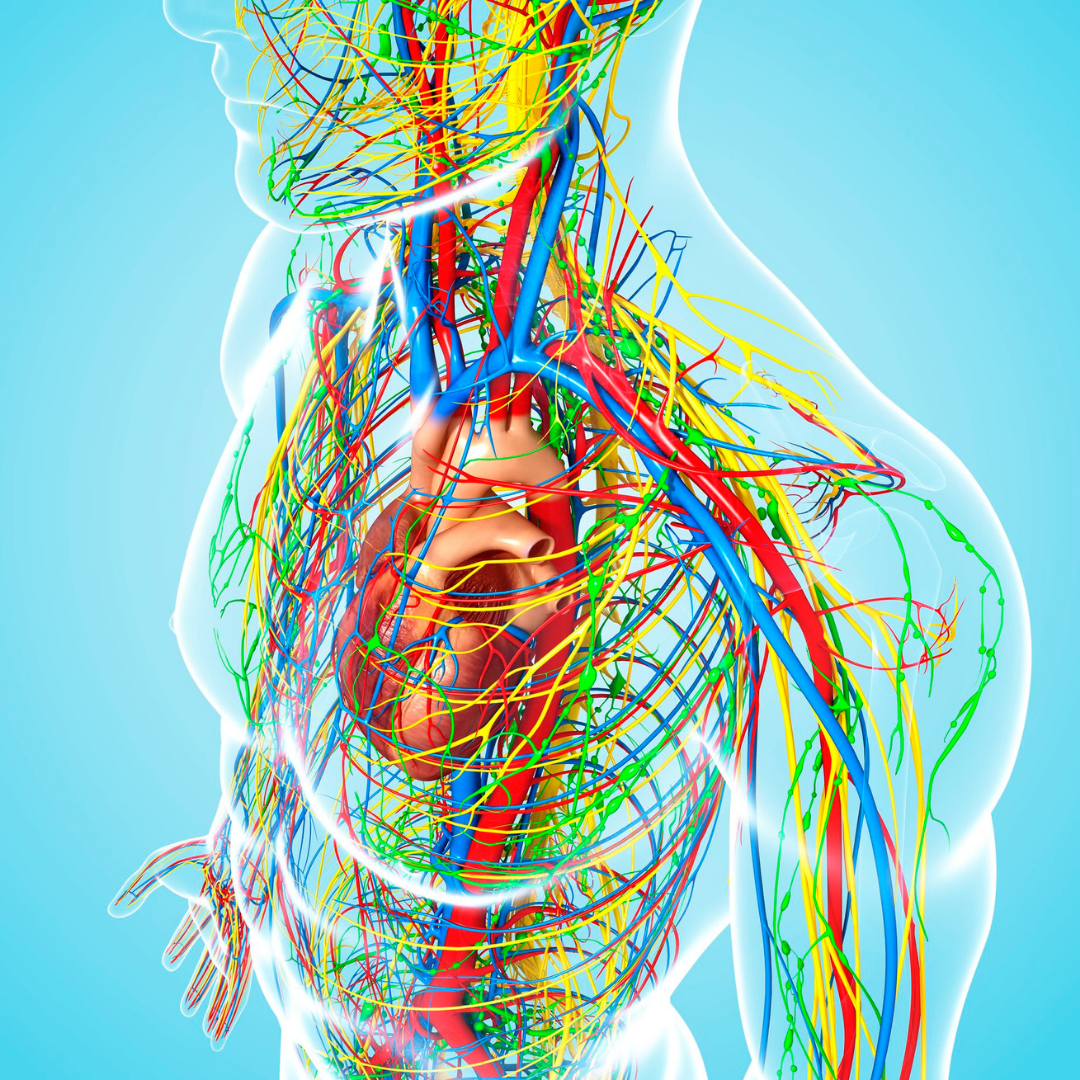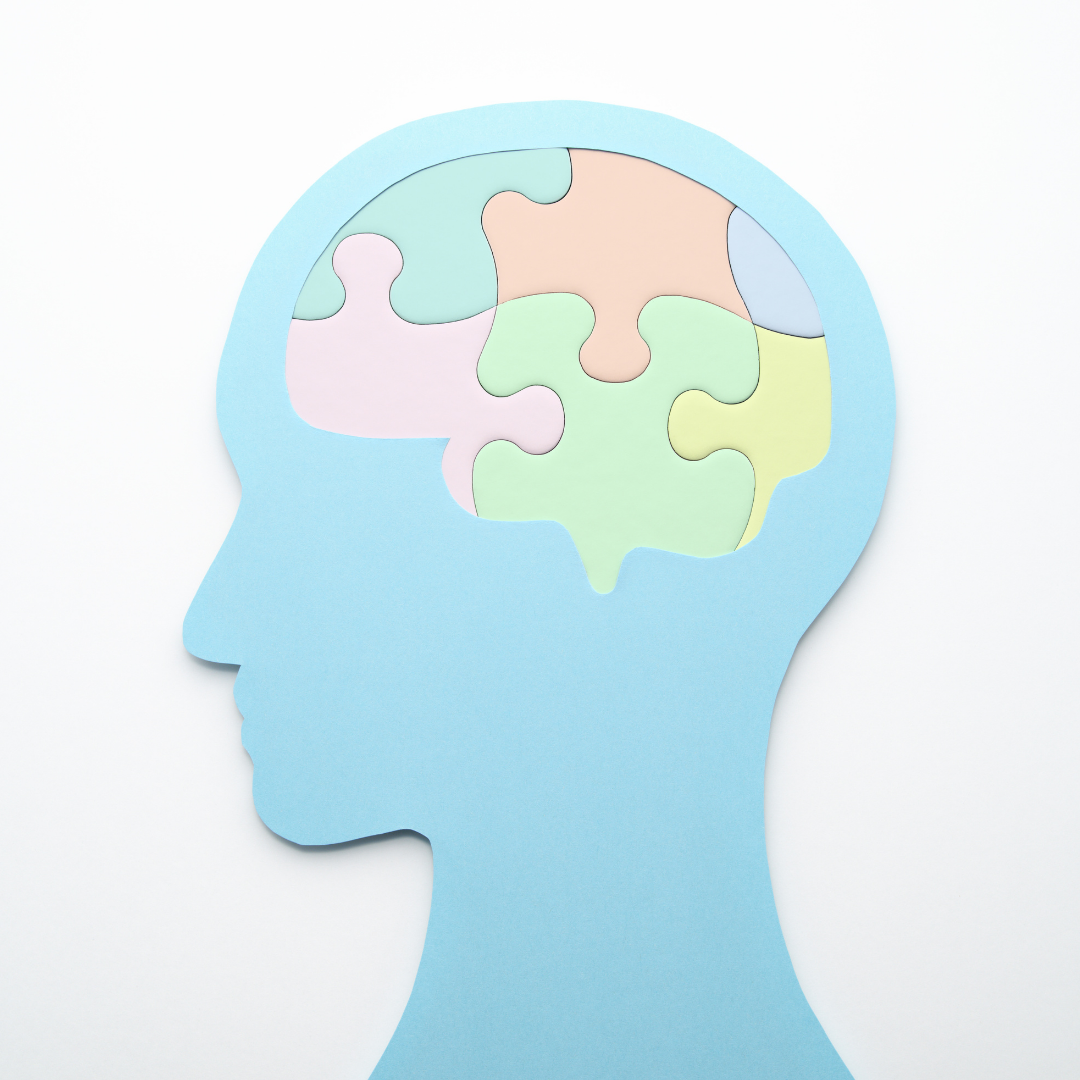Wellness Blog
The content on this blog is for general informational purposes only and is not a substitute for professional medical advice, diagnosis, or treatment. Always consult your healthcare provider before making changes to your health routine or taking new supplements.
Why you need vitamin B12 to support brain health
The brain is our body's central processing unit that controls everything from physical movement to emotions. Acknowledging its critical role in remaining functional, one of many supplements that support brain health is vitamin B12. Vitamin B12 is one of the eight water-soluble components under the Vitamin B umbrella. While B12 is necessary for promoting energy, and supporting the immune system, it also plays a significant role in brain health. Read on to understand in greater detail the connection between vitamin B12 and the brain.An overview of our brainBefore we talk about vitamin B12 for the brain, let's first have an overview of the brain. Our brain is the most complex part of our body. It is the origin of all the qualities that define our humanity: the way our body moves, our behavior and intelligence, and the way we interpret our senses (1). This delicate organ oversees our consciousness, and can be affected by a wide range of events, from everyday encounters to long-term trauma and disorders (2).The human brain is largely different from that of an animal's. It constitutes about 2% of our body weight, but uses up 20% of our energy (3). As science has learned more about our brain and its important functions, it has become increasingly clear how important it is to make sure our brain is at its healthiest. So, how do you begin to take care of such a principal organ of our body? Read on to find out!Keeping your brain healthyThere was a belief that the brain's capacity to change and develop dramatically declines as we get older. But as we uncover more about our brain, it's becoming more apparent that the brain has the potential for neuroplasticity, or the brain's ability to change and adapt the function and structure of our neurons. Neuroplasticity allows us to learn new information and stimulate our brain's different synapses with various activities, keeping it healthy and agile at any age (5).Maintaining brain health is all about keeping your brain active and engaged. Here are some tips you can consider in supporting brain health: Work on your mental fitness. The brain is a muscle that needs regular “workouts.” There are a lot of ways to keep your brain engaged and stimulated, ranging from cultivating a social life and enriching your brain with meaningful human interactions, to learning a new language or a new skill such as dancing or cooking (5). Get an adequate amount of sleep daily. The brain repairs itself during deep sleep, consolidating information from yesterday and preparing the brain for what comes next. Excessive sleep loss and poor quality of sleep can lead to memory loss, fatigue, mood disorders and immune system complications (6). Keep yourself active. Regular exercise can improve your brain's functions. At least 30 minutes of moderate exercise everyday already gives the brain a much needed oxygen boost, yielding significant and immediate health benefits (6). Stick to a well-balanced, low-cholesterol diet. The brain and the body need amino acids, protein, vitamins and minerals from your diet to stay healthy. Good nutrition means your brain receives the right amount of energy and nutrients it needs to function everyday (6). Seems like a lot? We feel you. As we continue to lead a fast-paced modern life, it can get overwhelming to stick to a regimen, but don't fret. Vitable Australia's personalised vitamin subscription can help you get the adequate amounts of vitamin B12 for the brain when paired alongside a well-balanced diet.Vitamins for brain functionFood has always been seen as a means to provide energy and to keep our bodies growing, but its role in maintaining our brain's health is being closely studied. Research in the past few years has provided exciting evidence on the influence of nutrition on specific mechanisms that help maintain brain health. As it turns out, our diet plays a big role in neuroplasticity, revealing that the brain can use certain vitamins and minerals in order to stay adaptable and healthy (7). Vitamins such as vitamin B, C or E, and minerals such as magnesium are just some of the nutrients your brain needs to stay healthy (8). Sticking to a strict diet can be a big challenge, but a reliable vitamin subscription can keep you up to your toes when it comes to brain health. Vitamin B12, for example, does not naturally occur in our body and must be obtained via our diet (9).What is vitamin B12?Vitamin B12 is essential for the blood, brain and nervous system (10). When a person is vitamin B12 deficient, he or she can develop multiple health problems, spanning from complications in your blood to difficulty in motor and cognitive functions. Symptoms include tiredness, light-headedness, rapid heart rate, and easy bruising, among others (12). Loading up on liver, meat, milk, cheese, eggs and other animal products can help make sure your body receives the right amount of vitamin B12 for the brain and body (10). However, if you are unable to source animal products for your diet, vitamin B12 supplements can be a good alternative.Vitamin B12 for the brainLow levels of Vitamin B12 have been associated with neurological disorders. This is because when the body metabolises vitamin B12, it produces homocysteine that is found to improve brain function (11). Vitamin B12 also plays a role in the synthesis of protein structures that are essential to the performance of nerves and nerve cells. It is also important for the synthesis of neurotransmitters (13).Research has found that making sure your diet includes the entire B-vitamin group, including vitamin B12, can be a reliable and rational approach at maintaining brain health (12).Vitamin B12 is important for cognitive development and better functioning. It also assists the brain to process information better, and promotes overall wellness for the nervous system.Vitamin B12 supplements may just be what you need to ensure your brain stays adaptable, healthy and developed. Vitable Australia offers a vitamin delivery plan with custom supplements that you can personally build according to your needs. Boost your daily vitamin intake to support brain health with a vitamin subscription delivered right to your doorstep! Find out more about other supplements that can support brain health:Zinc | Iron | Astaxanthin | Ashwagandha | Magnesium | B complex | Vitamin C | Vitamin D | Daily probiotics | Vitamin B12 | Ginkgo Brahmi | Fish oil | Vegan Omega*Always read the label. Follow the directions for use. If symptoms persist, talk to your health professional. Vitamin and/or mineral supplements should not replace a balanced diet.References: National Institute of Neurological Disorders and Stroke Content Team. “Brain Basics: Know Your Brain”. National Institute of Neurological Disorders and Stroke: Ninds.Nih.Gov. Published June 9, 2021 on https://www.ninds.nih.gov/Disorders/Patient-Caregiver-Education/Know-Your-Brain. Accessed December 3, 2021. Better Health Channel Content Team. “Brain”. Better Health Channel: Betterhealth.Vic.Gov.Au. Published February 14, 2018 on https://www.betterhealth.vic.gov.au/health/conditionsandtreatments/brain . Accessed December 3, 2021. Australian Academy of Science Content Team. “Getting our head around the brain”. Australian Academy of Science: Science.Org.Au. Published on https://www.science.org.au/curious/people-medicine/brain. Accessed December 3, 2021. John Hopkins Medicine Content Team. “Brain Anatomy and How the Brain Works”. The Australian College of Dermatologists: Dermcoll.Edu.Au. Published on https://www.hopkinsmedicine.org/health/conditions-and-diseases/anatomy-of-the-brain. Accessed December 3, 2021. The Brain Foundation Content Team. “Healthy Brain”. The Brain Foundation: Brainfoundation.Org.Au. Published on https://brainfoundation.org.au/healthy-brain/. Accessed December 3, 2021. Better Health Channel Content Team. “Healthy mind and older people”. Betterhealth.Vic.Gov.Au. Published October 14, 2015 on https://www.betterhealth.vic.gov.au/health/servicesandsupport/keeping-your-mind-healthy-as-you-get-older. Accessed December 3, 2021. Gómez-Pinilla, F. “Brain foods: the effects of nutrients on brain function”. National Center for Biotechnology Information: Ncbi.Nlm.Nih.Gov. Published January 12, 2010 on https://www.ncbi.nlm.nih.gov/pmc/articles/PMC2805706/. Accessed December 3, 2021. Government of South Australia Content Team. “Healthy Mind”. Government of South Australia: Sahealth.Sa.Gov.Au. Published on https://www.sahealth.sa.gov.au/wps/wcm/connect/public+content/sa+health+internet/healthy+living/healthy+mind/healthy+mind. Accessed December 3, 2021. Better Health Channel Content Team. “Vitamin B”. Betterhealth.Vic.Gov.Au. Published May 14, 2020 on https://www.betterhealth.vic.gov.au/health/healthyliving/vitamin-b. Accessed December 3, 2021. Health Direct Content Team. “Foods high in Vitamin B12”. Health Direct: Healthdirect.Gov.Au. Published January 13, 2019 on https://www.healthdirect.gov.au/foods-high-in-vitamin-b12. Accessed December 3, 2021. Harvard Medical School Content Team. “Vitamin B12 deficiency can be sneaky, harmful”. Harvard Medical School: Health.Harvard.Edu. Published on August 31, 2020 on https://www.health.harvard.edu/blog/vitamin-b12-deficiency-can-be-sneaky-harmful-201301105780. Accessed December 3, 2021. Kennedy, D. “B Vitamins and the Brain: Mechanisms, Dose and Efficacy—A Review”. National Center for Biotechnology Information: Ncbi.Nlm.Nih.Gov. Published on January 28, 2016 on https://www.ncbi.nlm.nih.gov/pmc/articles/PMC4772032/. Accessed December 3, 2021. Vitable. “Vitamin B12”. Vitable. (n.d.). https://research.get.vitable.com.au/vitamin-b12. Accessed December 12, 2021
Learn more




